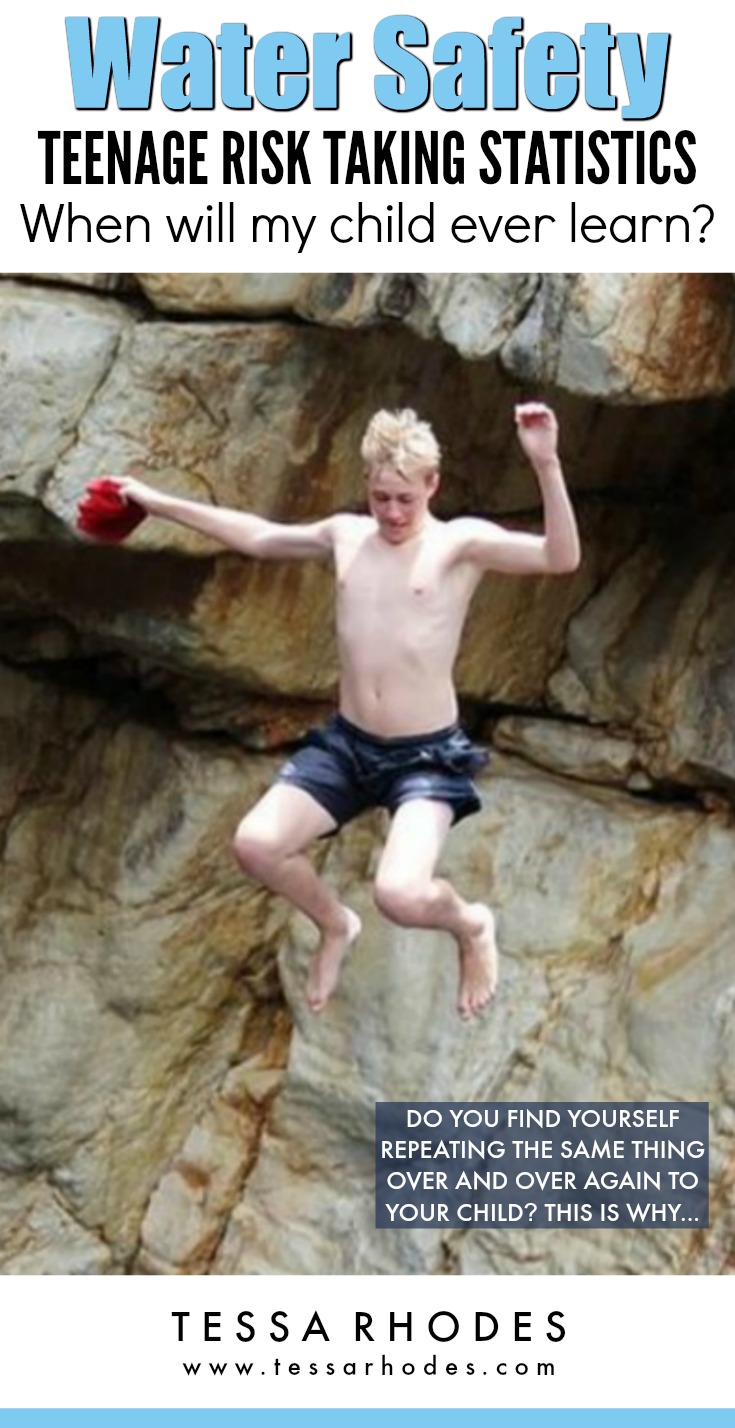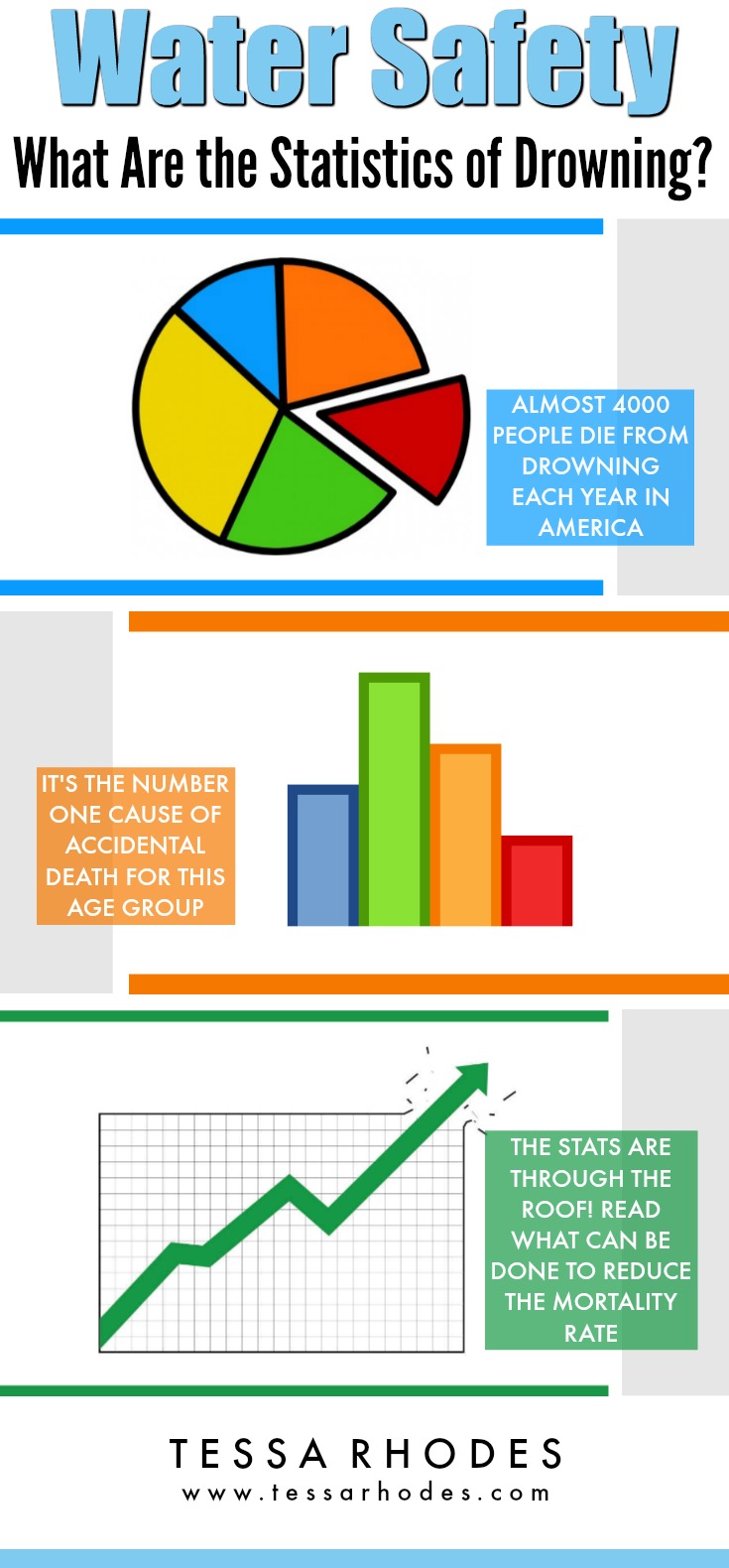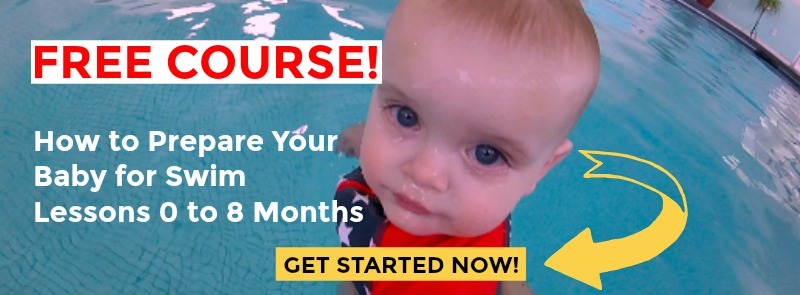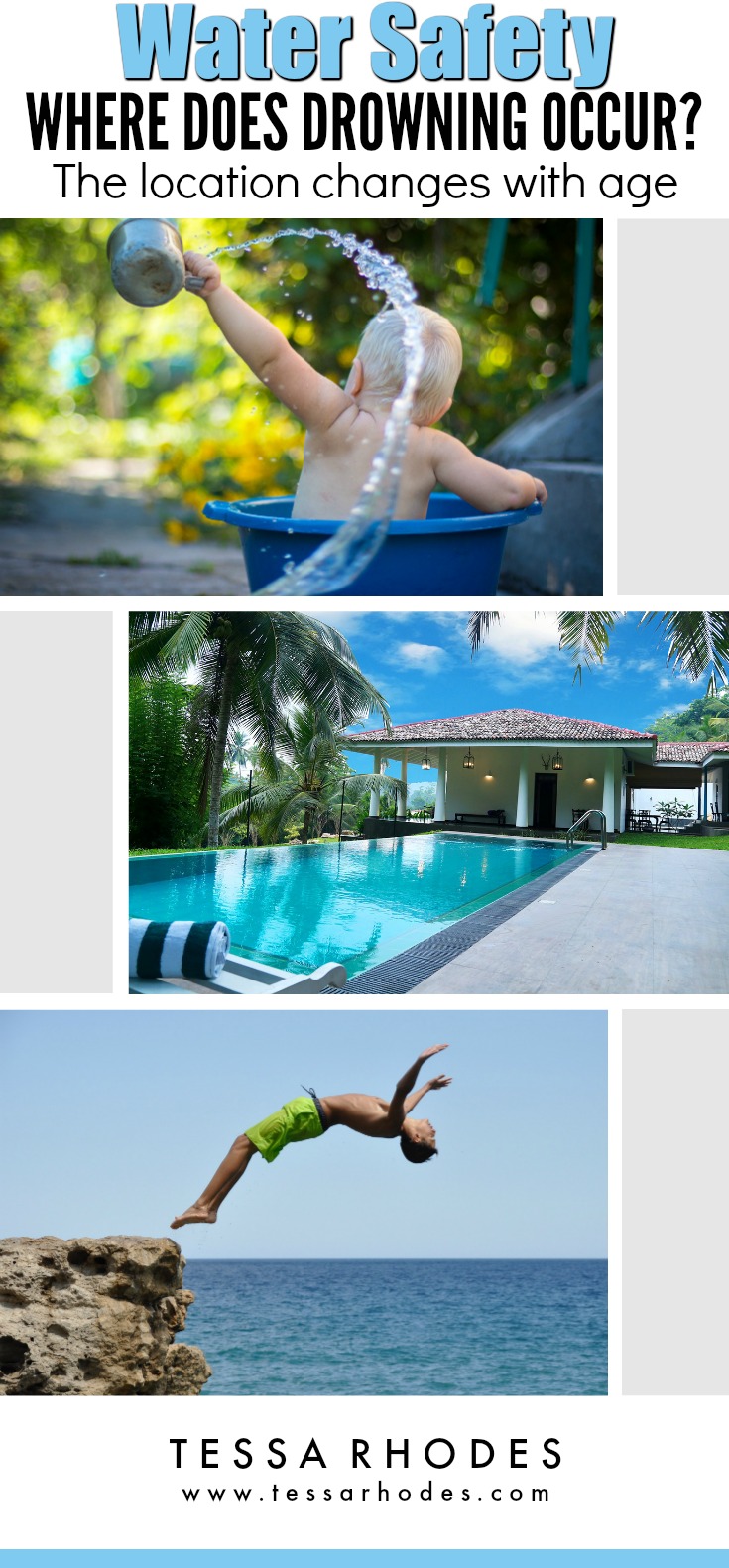I finally saw La La Land yesterday. It took me long enough. Everybody I know has seen it and loved it, so I couldn’t wait to go. With all the hype, I guess I was expecting more. I liked it a lot, but I wanted to love it like everyone else. drowning prevention
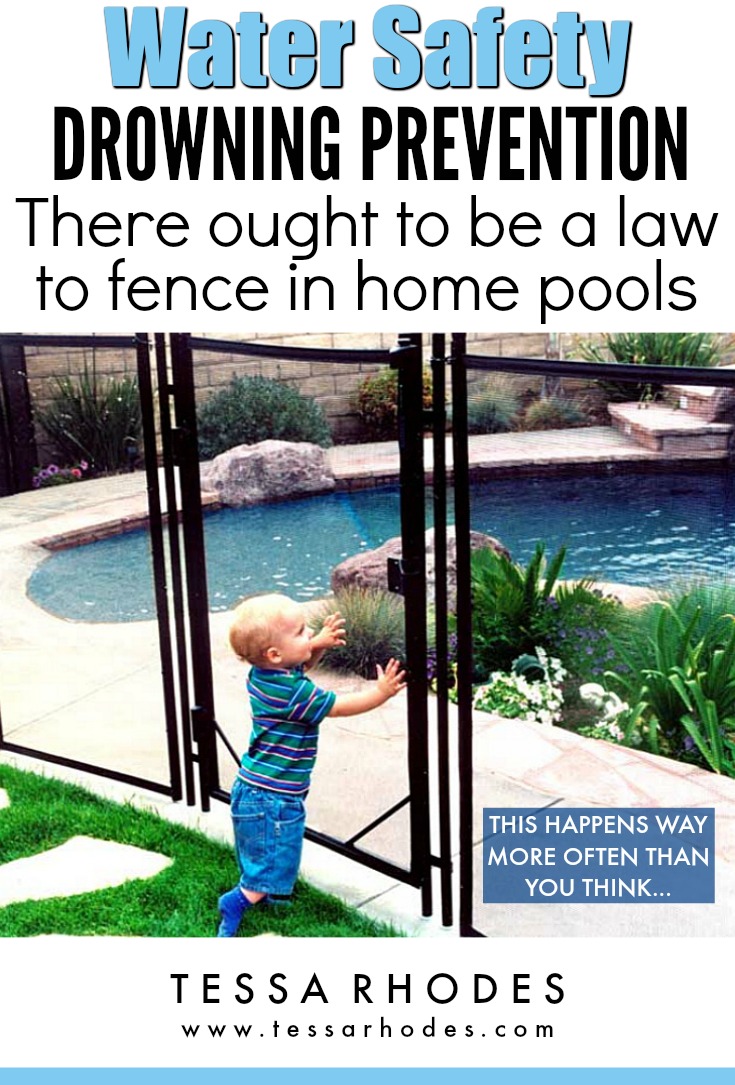
I don’t want to make this a movie review. I do, however, want to talk about my new year’s resolution.
On the first day of this year, I wrote about my mission to decrease the mortality rate with drowning and to make it a law in California to enforce proper barriers around home pools and spas!! If you missed the email, you can read it here.
I started my research on how to take the first steps to make it a law.
The law currently in place in California is called the Swimming Pool Safety Act which states:
Commencing January 1, 2007, whenever a building permit is issued for construction of a new swimming pool or spa, or any building permit is issued for remodeling of an existing pool or spa, at a private, single-family home, it shall be equipped with at least one of the following drowning prevention safety features:
- An enclosure which includes a fence, wall, or other barrier that isolates a swimming pool from access to the home.
- If the enclosure consists of mesh pool fencing, it must also have a gate that is self-closing and self-latching and can accommodate a key lockable device.
- Exit alarms on those doors that are providing direct access to the pool.
- All doors providing direct access from the home to the swimming pool shall be equipped with a self-closing, self-latching device with a release mechanism placed no lower than 54 inches above the floor.
- Swimming pool alarms that, when placed in pools, will sound upon detection of accidental or unauthorized entrance into the water.
- Other means of protection… For complete details click here.
So I want to adjust the law to enforce an enclosure and to also include one of the other drowning prevention safety features.
The Current law also does not apply to an apartment complex, or any residential setting other than a single-family home. It should include all residential settings.
I know someone who’s daughter (I’ll refer to her as Jane from this point), who had a near-drowning experience in an apartment complex pool.
Jane didn’t know how to swim and was riding her bike on the deck and ended up in the pool with her bike in tow.
As soon as Jane’s Mother realized her daughter was nowhere in sight, she checked the pool and discovered her body.
She reacted quickly and was able to drag her daughter to safety. Jane recovered completely after being admitted for treatment. A happy ending to a terrifying ordeal.
So why not include apartment buildings? What could be the reason? It’s truly a mystery to me.
Well, I’m just going to take the bull by the horns and forge ahead. Wish me luck. I’ll keep you posted with my progress.
If you have any thoughts on the subject or experiences that you would like to share, I would love to hear from you.
Love the water, so
Tessa so
P.S. Get the FREE water safety app to help ensure your family stays safe in, on and around the water. It includes kid-friendly videos and quizzes. Search the iTunes app store for Swim by American Red Cross or click here. For Google Play you can use the same search parameters or click here. It provides the latest in water safety guidance to help ensure your family stays safe in, on and around the water.
P.P.S. To start your child on the path to becoming water safe, click here. so

